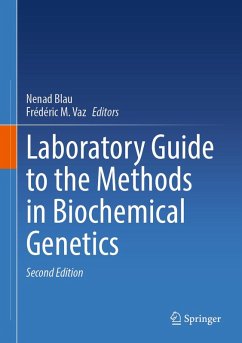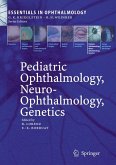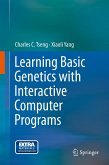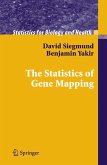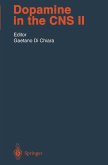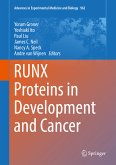The book describes a spectrum of tests, from simple screening methods via classical methods that are operational in most (if not all) biochemical laboratories, to analytical methods that depend on technologies that very few are currently employing in their labs, but are certainly the functional techniques in a biochemical laboratory in this post-genomics era. Each chapter is sufficiently detailed to be self-contained, thus enabling laboratory specialists to adopt the method in their own laboratory and obviating the need for additional methods or references.
The second updated edition of the book is unique in that it is the first of its kind to be published in the last 13 years, and individual chapters have been developed by experts in the field citing both established and cutting-edge (omics) technology. Thus, it is an indispensable resource for researchers and clinicians working on the field of inherited metabolic diseases and those interested in laboratory diagnoses.
Dieser Download kann aus rechtlichen Gründen nur mit Rechnungsadresse in A, B, BG, CY, CZ, D, DK, EW, E, FIN, F, GR, HR, H, IRL, I, LT, L, LR, M, NL, PL, P, R, S, SLO, SK ausgeliefert werden.
Hinweis: Dieser Artikel kann nur an eine deutsche Lieferadresse ausgeliefert werden.

